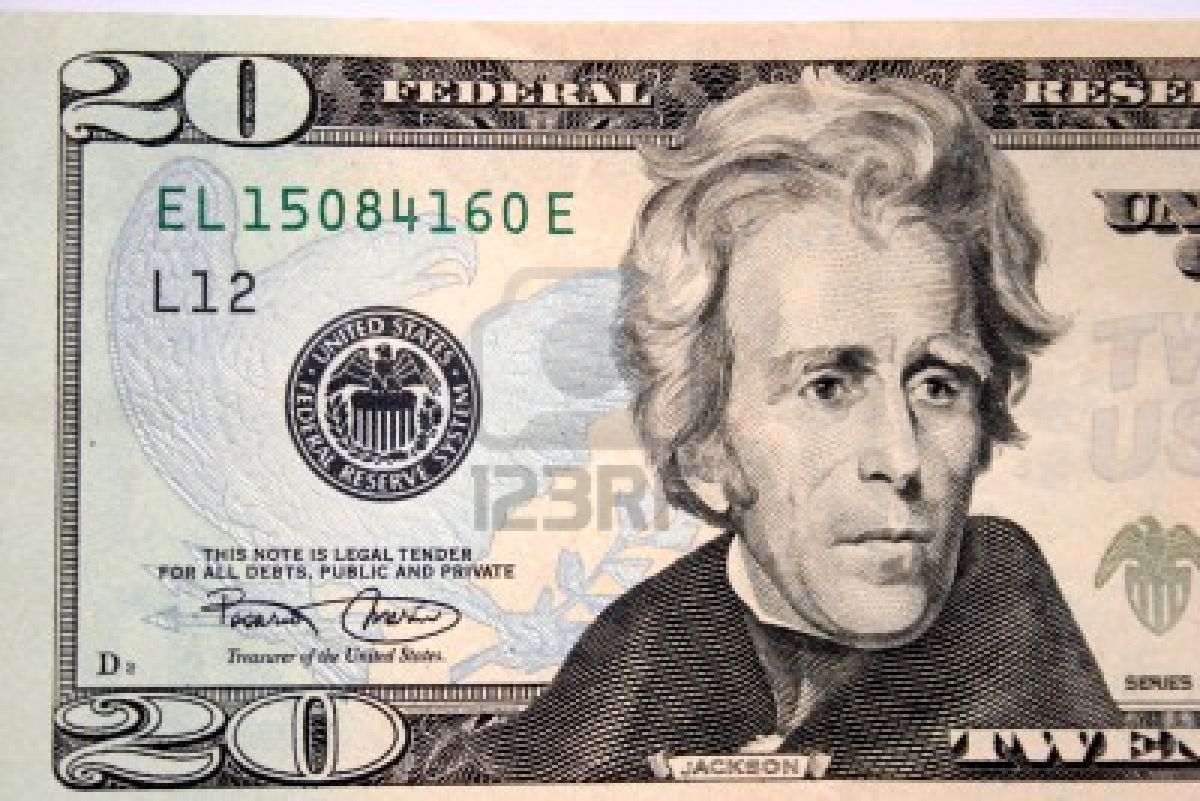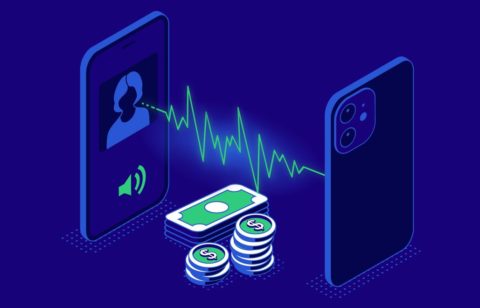The year 2014 is just about here – making this an excellent time to think about your finances and what you might do next year to simplify them. If you don’t already have a household budget you might want to make a New Year’s resolution to create one. Having a budget is really the only way to stay financially sane and keep your spending under control. Beyond this, there are some simple things you could for simplifying your financial life and reducing the amount of time you need to think about your finances.
1. Setup automatic bill paying
You probably have better things to do with your time than paying bills on paper. Set up automatic bill paying instead. You can pay almost all major credit card bills automatically online as well as your utilities. For that matter, you should be able to set up automatic payments for any of your bills that are the same every month including your automobile insurance, mortgage or an auto loan. Doing this will save you both time and energy. However, there is one major exception to paying online and that’s landlords. If you rent, you probably mail a check to your landlord or just give it to him or her in person. You might ask if your landlord uses an online payment service, which would allow you to pay your rent automatically every month. If it doesn’t, it might be worth asking if it would make the switch, as this would save both of you time.
2. Save automatically
If you’re not doing this now you really need to put away money for things you want to do in the future before you use it to pay bills or for your discretionary spending. It’s easy to set up an automatic transfer from your checking account to your savings account if they’re both at the same bank. If you have a brokerage account, you should even be able to set up an automatic transfer to it. The best thing about saving this way is that when the money is subtracted from your paycheck before you see it, you might not even miss it. You’ll have a bit less money to spend but you should be able to adjust to that and you will be making progress on your savings goals. If you earn a bonus or commission or get a nice Christmas check from Aunt Grace, be sure to stick this money into your savings or retirement account, too.
3. Use cash or debit cards instead of credit cards
The big problem with credit cards is that they make it easy to overspend and they make you pay high-interest rates. So instead of using them, try taking out a certain amount of cash at the beginning of each week for your discretionary spending such as shopping, eating out and going to the movies. Then, when you run out of cash for the week, that’s all the spending you can do. You say you hate to carry a lot of cash around? Then try transferring your weekly spending money to a bank account where you could have a debit card and then use it to make all your purchases. This will not only help you manage your money but also provides an easy way to track your spending – online and in the form of the paper statement you get at the end of every month.
4. Shop around
Have you been paying the same amount for your Internet, cable or phone service for more than a year? If so, you’re probably paying too much. You should go online and look for packages of services in your area you would like and that would be cheaper than what you’re now paying. If you do find one that appeals to you, call your current service provider and ask if it would be willing to match the promotional price you could get if you were to switch services. To save more on your Internet costs, go online and buy the router you’re currently renting from your provider.
Most cable companies charge for each device they give you. When you know which provider you will be using, go online and buy a compatible cable box. Satellite and cable services usually charge $5 to $10 per box. If you can buy the whole device for around $50 you’ll save money by eliminating that recurring monthly fee.
5. Cut out unnecessary expenditures
Sit down, take a few minutes and review the services you pay for every month. Ask yourself if they’re all really worth what you’re paying for them. Think about that cable bill, cell phone bill, music subscription service, etc., and whether or not you’re really getting your money’s worth out of it. If you find there are services you don’t really need, just cancel them. There are others where you might be able to downgrade. For example, if your cable package includes 500 channels, ask yourself if you wouldn’t be just as happy with fewer of them. If so, you might switch to a package with 100 channels.
Do you pay for super-fast Internet? Do you really need it. Unless you and several family members are doing a lot of video streaming or use other streaming-heavy services such as online games, you might be able to drop down to a slower Internet speed. This would save you money and you might not even notice a difference in your Internet’s performance.
If you like your current phone consider switching to one of those pre-paid plans where you get to keep your current phone but you’re not subsidizing an upgrade to a new phone that you don’t need right now. If you need a subsidized phone sometime in the future, you can always return to that original phone plan.
6. Use credit cards to make budgeting easier
Some of the financial gurus like Dave Ramsey suggest that you use a cash envelope system in your budgeting. This is where you have an envelope for each of your categories such as food, housing, entertainment, gas, etc. You put cash into each envelope every payday based on whatever you budgeted for that specific category. When an envelope’s empty, that’s it. You can’t spend any more money in that category. Some people call this the “tough love” of budgeting.
The advantages of using credit cards for your budgeting
Despite what we said in tip #3 there are some advantages to using credit cards in your budgeting – assuming you have enough self control to use them sensibly. For one thing, when you use a credit card, this gives you a sort of real-time accounting of your spending. You can see exactly what you’re spending and where you’re spending it. Many credit cards will even categorize your purchases for you on your monthly statements.
Lack of documentation
On the other hand, cash can be a nightmare to track. It’s just way too easy to lose track of cash. You know the old saying about cash burning a hole in your product? That’s because it’s just so easy to fritter it away. Plus, when you use cash there is no documentation of how much you spent and where you spent it. But if you use a credit card, you will have a paper trail of your spending altogether in one place – either in your monthly statement or online.
Use a rewards card
In addition to this, if you have a rewards credit card and use it in your budgeting, you can accumulate points for everyday purchases that you wouldn’t earn otherwise. Pay your utilities, rent, cell phone, cable and other monthly bills with a rewards card and you will earn an enormous amount of points every month – while still budgeting.
Choose a charge card instead
If you get nervous at the idea of using a credit card in your budgeting, think about using a charge card instead. The difference between the two is that with a credit card, you can roll over your purchases from month-to-month and only make a minimum payment. In comparison, a charge card requires you to pay off your total balance every month. If you use a charge card such as American Express, you can build credit, budget and earn rewards points while not having to worry about going into debt.
Here’s a video with more benefits for using credit cards in your budgeting, along with information about the simplest way to keep your spending under control that we’ve ever seen.





